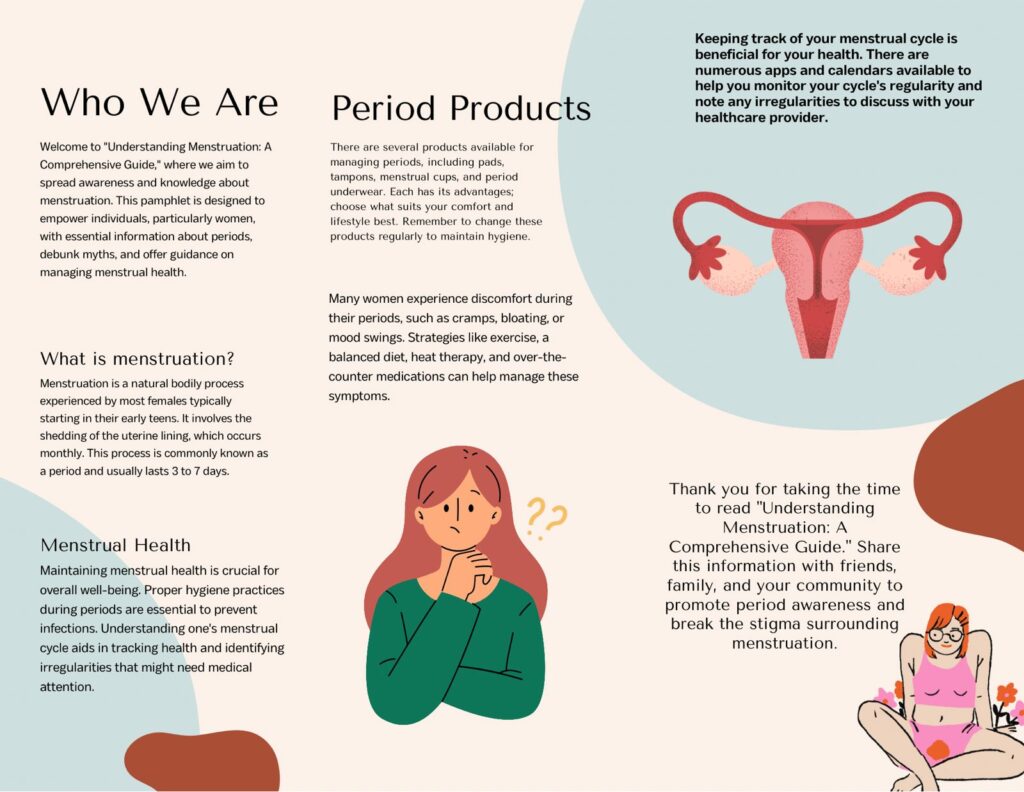Aakarsh Upadhyay*
Women’s healthcare and hygiene are integral components of overall well-being, deserving of meticulous attention and care. In this article, we explore the multifaceted dimensions of women’s health, shedding light on the challenges, advancements, and the imperative need for comprehensive care.
Access to quality healthcare remains a pressing issue for women globally. Disparities in healthcare services disproportionately affect women, particularly in resource-poor settings. Initiatives aimed at improving accessibility, such as community health programs and awareness campaigns, play a crucial role in ensuring that women receive the medical attention they require.
Reproductive health encompasses a spectrum of services, from family planning to maternal care. Adequate information and access to contraception empower women to make informed decisions about their reproductive choices. Ensuring safe and accessible maternity care is equally vital, contributing to healthy pregnancies and reducing maternal mortality rates.
Menstrual hygiene remains a critical aspect of women’s health. In many parts of the world, societal taboos and a lack of education surrounding menstruation hinder proper menstrual hygiene practices. Promoting awareness, providing affordable sanitary products, and creating safe spaces for open dialogue help eradicate the stigma associated with menstruation.

Preventive healthcare measures, such as regular check-ups and screenings, are paramount for early detection of diseases. Breast and cervical cancer screenings, in particular, are instrumental in identifying potential health risks. Initiatives that encourage regular health check-ups and screenings contribute to the overall well-being of women by facilitating early intervention.
Mental health is an inseparable component of women’s well-being. Societal pressures, gender-specific stressors, and hormonal changes can impact mental health. Initiatives focusing on mental health awareness, destigmatization of mental health issues, and accessible mental health services are essential for addressing the holistic well-being of women.
Nutrition plays a pivotal role in women’s health, especially during key life stages such as pregnancy and menopause. Access to proper nutrition and education on healthy eating habits contribute to overall wellness. Government initiatives, community programs, and educational campaigns are crucial in promoting nutritional awareness.
Educational initiatives aimed at women are vital for fostering a culture of health literacy. When women are informed about their bodies, reproductive health, and general well-being, they are better equipped to make informed decisions about their healthcare. Educational programs can bridge the gap in healthcare knowledge and empower women to take control of their health.
In navigating the landscape of women’s healthcare and hygiene, it is evident that a comprehensive and inclusive approach is essential. Access to healthcare, reproductive health services, menstrual hygiene, preventive healthcare, mental health awareness, nutrition, and empowering education collectively contribute to the well-being of women. Governments, healthcare providers, NGOs, and communities must collaborate to create an environment where women’s health is prioritized, ensuring that every woman can lead a healthy, empowered, and fulfilling life. The journey toward women’s health and hygiene is a shared responsibility that holds the promise of a brighter and healthier future for all.
*Student of BJMC, Sem III






